In 1966 Dusty Springfield was the world’s biggest-selling female artist. If that reads like an unlikely statement in 2022 it’s some indication of how her star and her reputation have waned in recent years. The woman born Mary Isabel Catherine O’Brien in West Hampstead in 1939, grew up in a dysfunctional if musical middle-class family and started singing with her brother Tom in folk clubs and holiday camps, eventually forming their own folk-pop trio, The Springfields.
It was with the release of her first solo single, I Only Want To Be With You in November 1963 that her identity began to emerge: a bouffant and mascaraed British reboot of the Brill Building girl group sound with a perfect pitch mezzo-soprano who could find joy and liberation in songs of heartbreak and despair; a vulnerability and intimacy in seemingly perky, throwaway pop. The hits kept coming - I Just Don’t Know What to Do With Myself, You Don’t Have To Say You Love Me, Goin’ Back - three-minute pop songs into which Dusty put a short story’s worth of emotion, but it wasn’t easy. Springfield needed a sympathetic and tolerant producer to manager her anxieties in the studio. In the UK that was Johnny Franz, but with her move to Atlantic Records in 1968 her unease grew greater along with severe mood swings, and a need to numb the anxiety with pills and booze. Excellent albums continued into the ‘70s but sales declined, recording sessions were abandoned, and Springfield began to hide from the public eye, especially when newspapers became interested in her sexuality and her relationships with American folk singer Norma Tanega and animal rights activist Marsha Barbi.
A career turnaround came in 1987 when Pet Shop Boys invited her to sing on What Have I Done To Deserve This? and collaborated with her on 1990’s Reputation LP, but since her death in 1999, aged just 59, her catalogue has quietly undergone a spring clean with lost sessions and abandoned albums gradually seeing the light of day. Hopefully, this list will make some sense of that whilst re-establishing Dusty’s reputation as one of the greatest popular singers of all time.
10.
White Heat
(Casablanca, 1982)
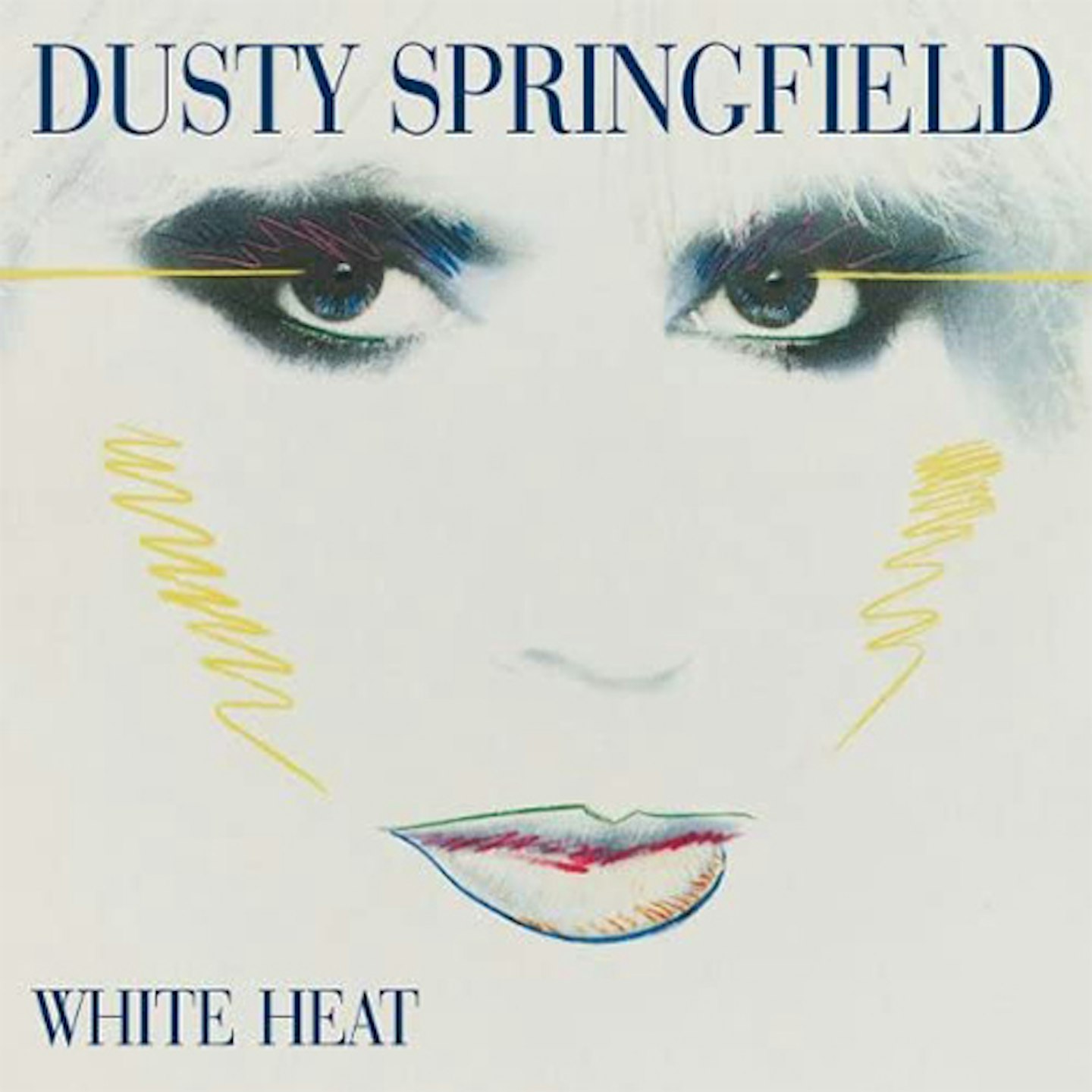
The late-period LP Dusty was most proud of. Written whilst the singer was dating Canadian punk performer and radical lesbian Carole Pope, it’s the sound of a singer accepting the now deeper range of her voice and also her queer identity. Recorded with noted British sessioners Caleb Quaye and Nicky Hopkins, but rich in ‘80s new wave keyboards, it includes some of her most impassioned and angrily honest vocal performances (Time And Time Again, Soft Core) and a show-stopping cover of Elvis Costello’s Losing You. A companion album to 1990’s Pet Shop Boys collaboration, Reputation but perhaps just edges it in terms of quality and originality.
9.
The Complete BBC Sessions
(Mercury/BBC, 2007)
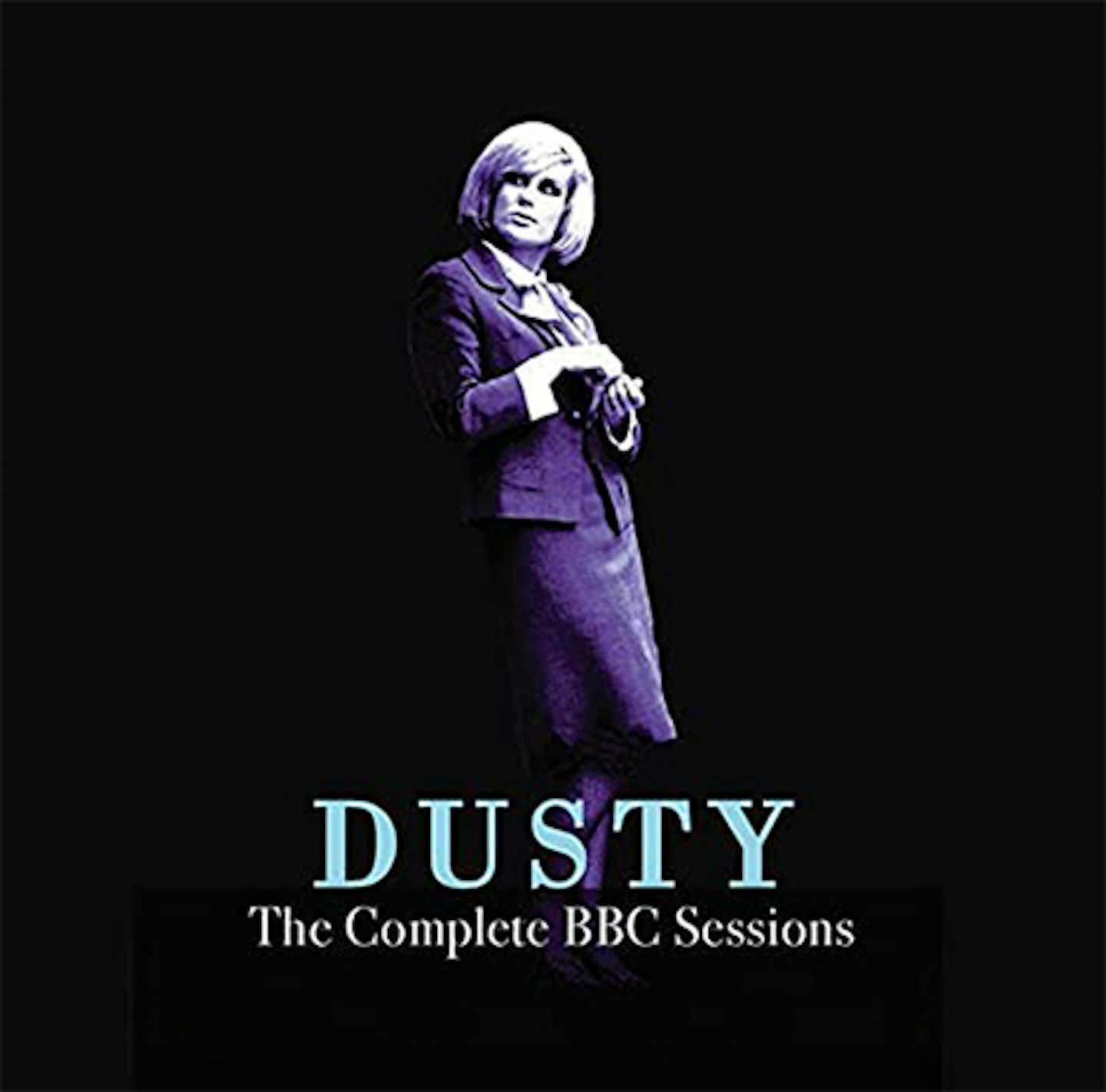
Dusty singing raw and live in BBC studios from 1962 (three Springfields novelties) to 1970. It’s a joy and an education. You effectively hear an artist take the sound and traditions of early ‘60s light entertainment and transform them into her own unique and nuanced brand of white soul music (although this in itself reads like a caveat when Dusty is surely up there with such greats as Gladys Knight and Aretha Franklin). Highlights include a stripped-down and funky version of Son of A Preacher Man that might surpass the version on Dusty In Memphis, and a jaw-droppingly raw and pleading version of The Bee Gees’ To Love Somebody.
8.
Beautiful Soul: The ABC/Dunhill Collection
(Hip O Records, 2001)
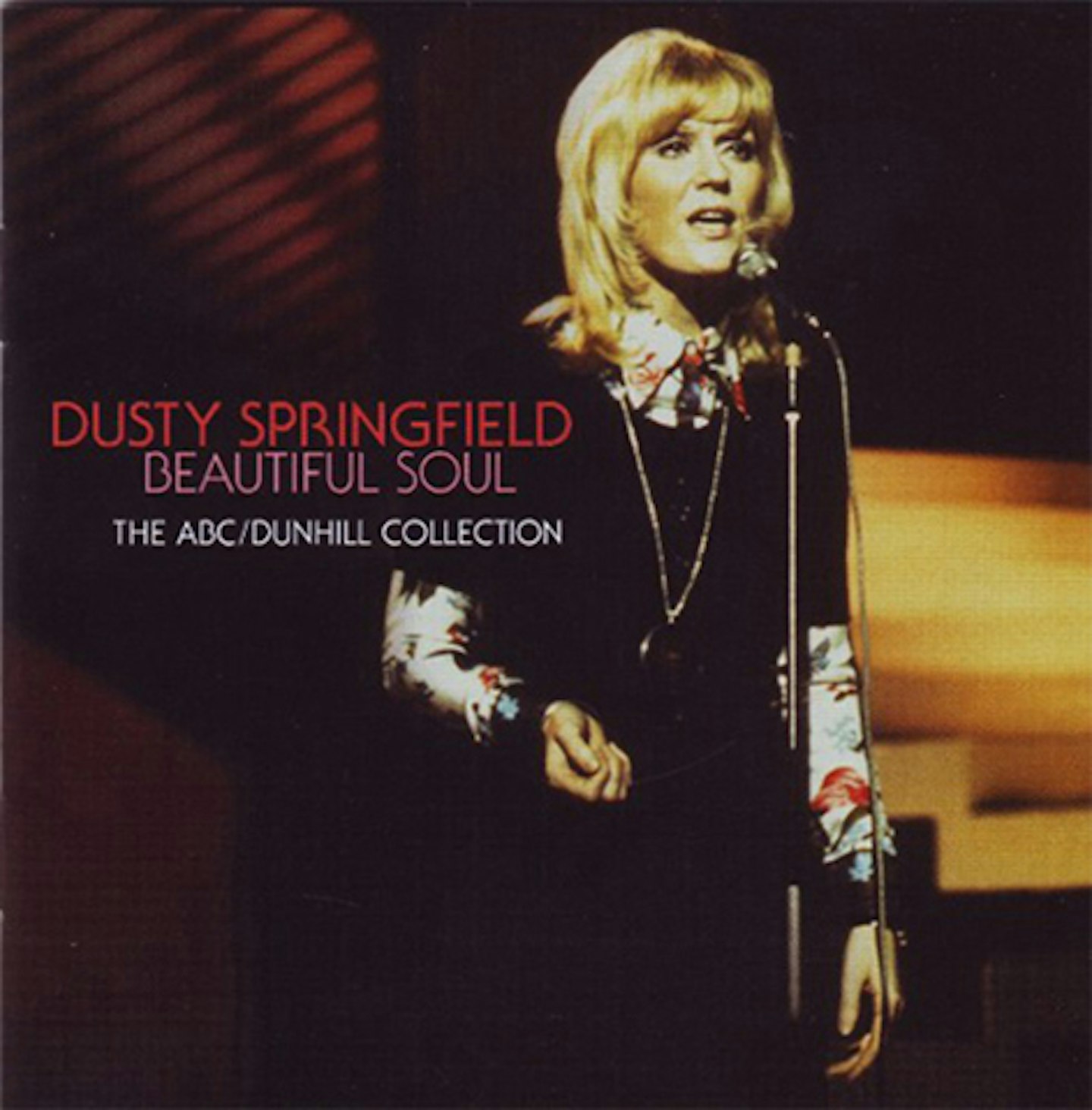
After Springfield’s US contract with Atlantic ended she moved to California and began recording with Lou Adler’s Dunhill label. She cut one complete LP, Cameo before abandoning another, Longing. Collected here the complete sessions are powerful, often painful listening. The singer was drinking and drugging too much, and Dennis Lambert and Brian Potter’s Cameo production wrap Springfield’s maudlin voice in a soporific California warmth while the abandoned sessions for Longing, recorded with Phil Spector engineer Brooks Arthur, foreground the soulful despair and exhaustion, especially in her desolate covers of Janis Ian’s In The Winter, and Melissa’s Manchester’s Home To Myself.
7.
Come For A Dream: The U.K. Sessions 1970-1971
(Rhino/Real Gone, 2017)

Recorded at Philips and Trident Studios just as From Dusty With Love was hitting the shops, Springfield’s final collaboration with Johnny Franz found the singer covering Detroit and Chicago soul tracks (Crumbs off The Table, Girls It Ain’t Easy, Ooh Child) alongside more wistful, hazy numbers like Basil Kirchin’s I Start Counting Goffin & King’s Wasn’t Born to Follow and the utterly bewitching Let Me Down Easy. However, after Dusty abandoned the project only nine tracks were used for the UK-only LP See All Her Faces, bolstered by five Atlantic recordings. Hearing the sessions in full here suggests Dusty was wrong and another classic album was lost in the process.
6.
Where Am I Going?
(Philips, 1967)
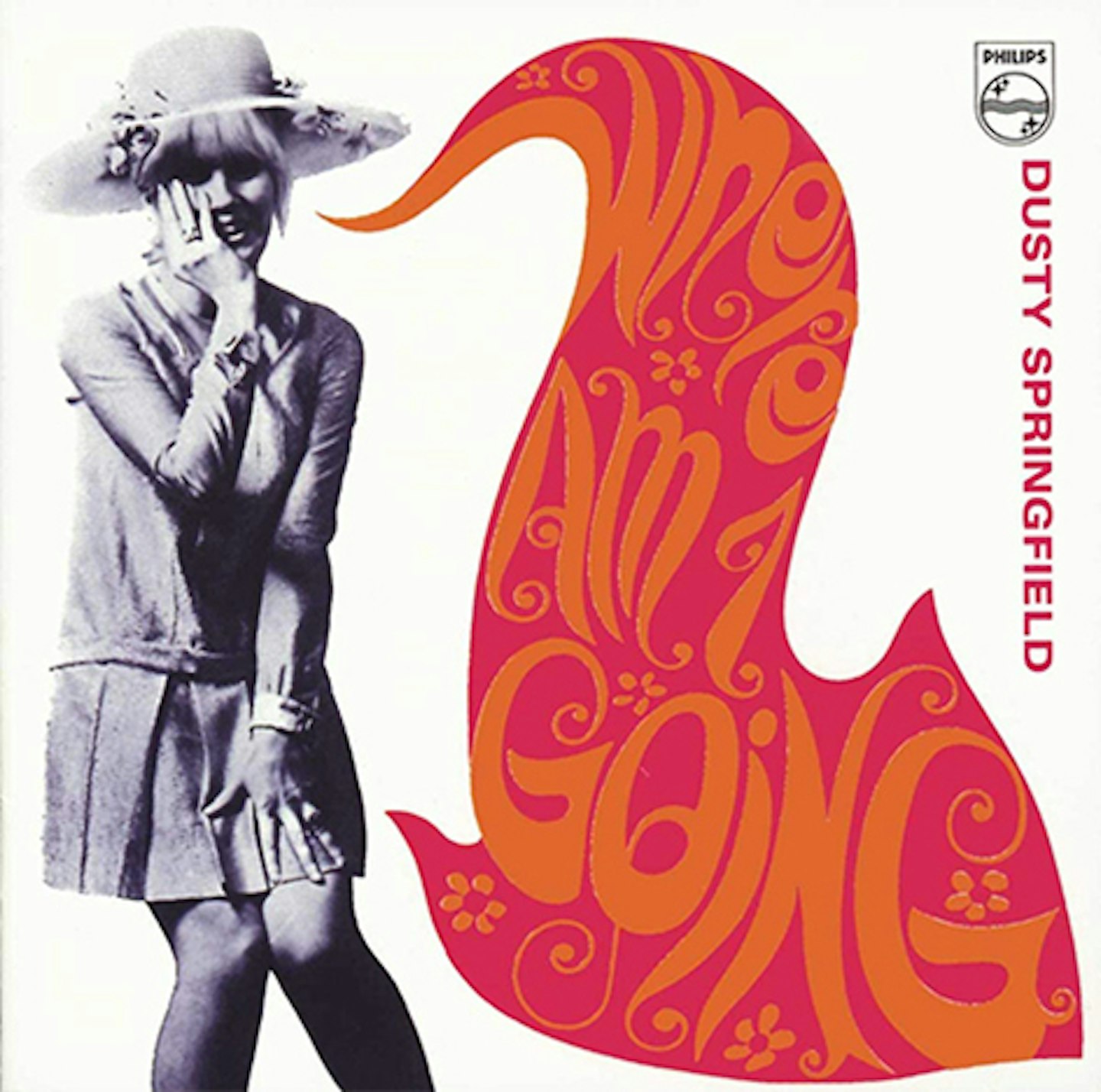
Her third UK studio album found Dusty working with the country’s finest arrangers (Arthur Greenslade, Ivor Raymonde, Wally Stott, Peter Knight, Reg Guest, Johnnie Spence) to create a sophisticated orchestral pop wonder. Released while the singer was touring Australia, it received sparse promotion in the UK and has remained an under-the-radar gem ever since. Dusty’s voice is arguably at its finest, smooth, sophisticated and confident in songs that range from slinky show tunes (the title track, from Sweet Charity) to a splendid cover of Evie Sands’ Take me for A Little While. Fans of Saint Etienne doubtless already know the album, given that the intro from I Can’t Wait Until I See My Baby’s Face was sampled on Nothing Can Stop Us from 1991’s Foxbase Alpha.
5.
A Girl Called Dusty
(Philips, 1964)
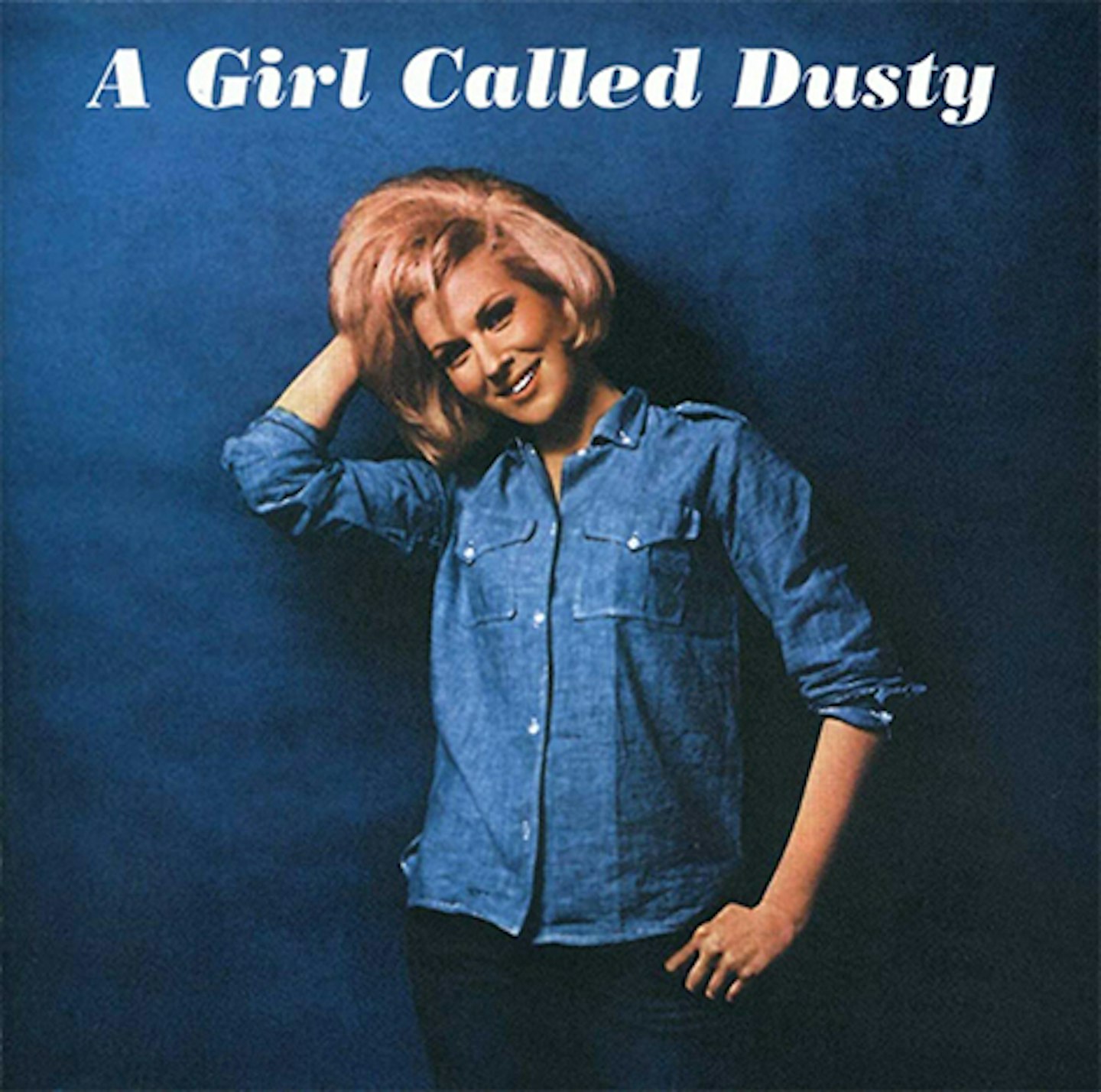
The first Dusty album released in the USA was effectively a supercharged version of her British debut A Girl Called Dusty supplemented with her first two UK singles, and a bunch of other gems. The marvellous thing about this Frankenstinian compilation that it totally works. The devastating emotional power of Anyone Who Had A Heart is a given but her covers of Will You Love Me Tomorrow, Mockingbird, and When The Lovelight Starts... are like gauntlets thrown down at the Brill Building steps — as good if not better than the US originals — while Ivor Raymonde’s kitchen-sink production of Stay Awhile beats Phil Spector at his own game.
4.
Complete A and B Sides 1963-1970
(Eclipse, 2006)

Compiled by Saint Etienne’s Bob Stanley this essential collection presents the perfect case for Springfield’s ‘60s pop genius. One disc covers all of her A-sides from her 1963’s ebullient debut I Only Want To Be With You to the accordion-led dance of despair that is How Can I Be Sure. However, it’s disc two where the hidden gems are, 20 glorious B-sides that reveal what a perfectionist Springfield was in her choice of tracks. Standouts include the haunted autumnal waltz of Summer Is Over, the defiantly cinematic I’m Gonna Leave You and the swirling dramatic title ballad from forgotten Robert Stack euro-thriller, the Corrupt Ones.
3.
Dusty… Definitely
(Philips, 1968)
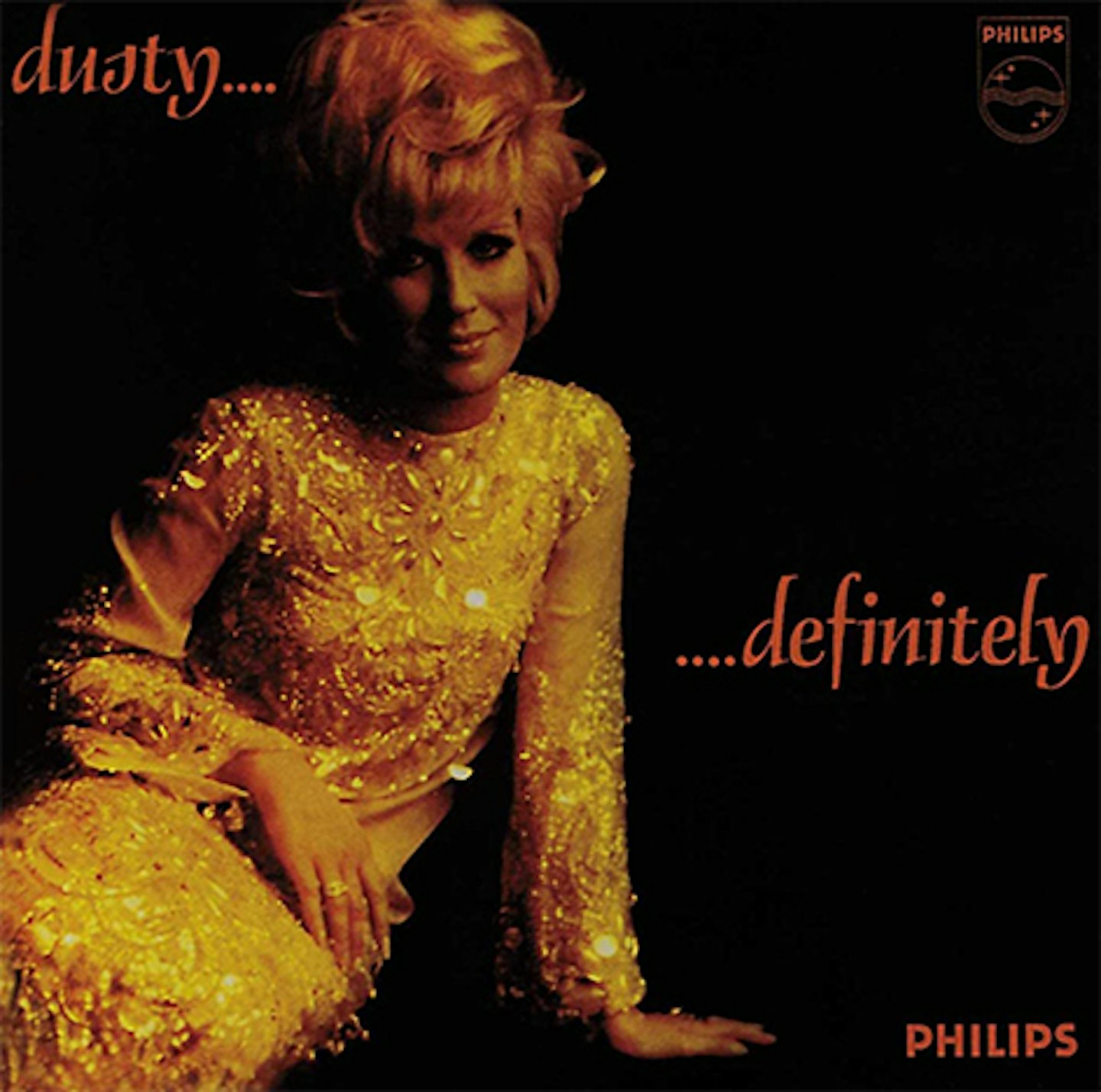
The peak of her UK collaborations with Johnny Franz, featuring 12 hand-picked numbers that effectively illustrate both sides of Springfield’s personality. Side one is comprised of bass-led mod club bangers (Ain’t No Sun, Love Power) and defiant bossa groovers (Another Night) while side two, which Springfield suggested should be listened to at night, burrows deep into the singer’s lonesome soul from her heart-worn rendition of Randy Newman’s I Think It’s Gonna Rain Today to a soaring, bleak take on Charles Aznavour’s Who Will Take My Place and the proto-prog complexities of Morning (Bom Dia) that is reminiscent of nothing less than a female Scott Walker.
2.
The Complete Philadelphia Sessions: A Brand New Me
(Real Gone/Atlantic, 2017)

By 1969 Dusty was making over £1000-a-night on the UK and US tour circuit but her private life was in chaos. Some semblance of calm was restored with these magnificent sessions at Philadelphia’s Sigma Sound with fledgling twenty-something production-songwriting team Kenny Gamble and Leon Huff. Depressed and self-medicating, Springfield invests the duo’s bittersweet songs and Thom Bell’s string-drenched production with a euphoric melancholy, as if these small dramas are taking place inside her smudged and bruised soul. The sessions were released as From Dusty With Love in the UK but their real brilliance is best appreciated here with such killer extra tracks as the aching Summer Love and sweetly desolate I Wanna Be A Free Girl.
1.
Dusty In Memphis
(Atlantic/Philips 1969)
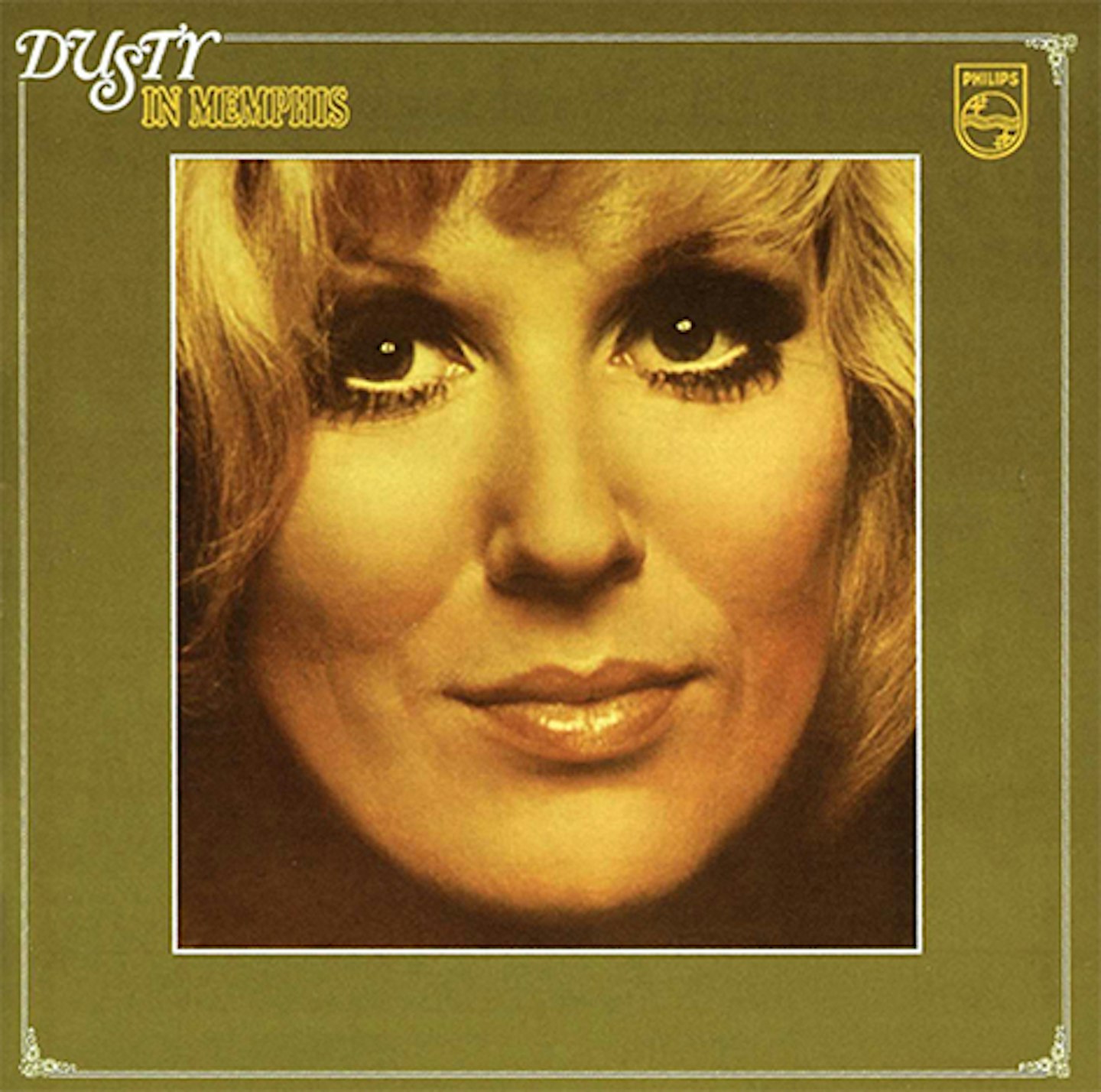
Working with UK producer Johnny Franz, Springfield had sung at night over blaring wall-of-sound backing tracks; anything to manage her crippling self-consciousness. Now, at Atlantic, producer Jerry Wexler wanted her out front, vulnerable, intimate, calling the shots for a crack team of musicians. It couldn’t work, and Springfield eventually cut her vocals separately in New York, but that sultry strut remains, the dark erotic intensity of Springfield’s voice supported by the Memphis Horns and the Sweet Inspirations bringing an almost Tennessee Williams-like sophistication to these tales of Southern desire. The 1999 Rhino reissue also includes Springfield’s shelved 1971 Atlantic LP, Faithful, the 2015 reissue of which is now prohibitively expensive.
